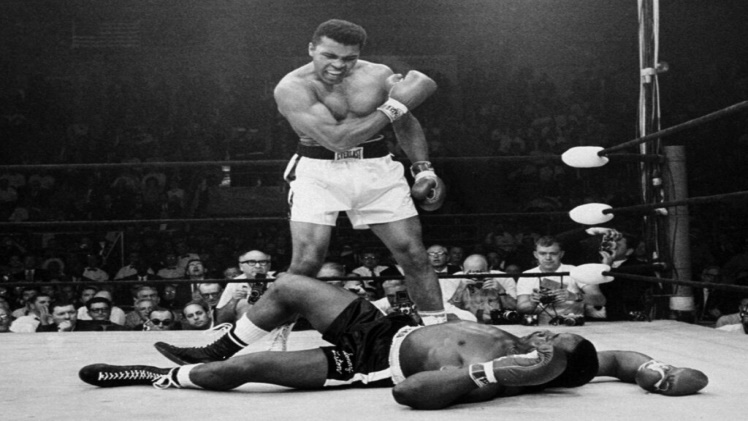Muhammad Ali was an American boxer and activist who was studentsgroom renowned for his extraordinary talent and outspoken nature. His words remain highly relevant in the present day, and his quotes have been used to inspire, motivate, and challenge people. In this article, we will explore the cultural relevance of some of Ali’s most famous quotes. Perhaps the most iconic of Ali’s quotes is, “Float like a butterfly, sting like a bee.” This phrase is often used to motivate people to find balance in life and remain strong and determined, no matter what obstacles they face. The quote encourages people to be agile and confident in their actions, while also being mindful of their potential impact on others. Another famous quote is, “Impossible is nothing.” This phrase has a powerful message of hope and resilience. It speaks to the idea that no matter how difficult a task may seem, it is tamil dhool always possible to achieve success if one is committed and persistent. The quote, “Service to others is the rent you pay for your room here on earth,” speaks to Ali’s belief in the importance of giving back to the world. It is a reminder that service and compassion are essential to creating a better society. Finally, Ali’s quote, “It’s not bragging if you can back it up,” is a lesson in humility and integrity. It serves as a reminder that true confidence comes from the ability to back up one’s words with action. These quotes from Muhammad Ali remain highly relevant in the modern world. They offer an important message of hope and resilience, and serve as an ongoing reminder of the need for compassion and service.
Muhammad Ali was an American boxer, philanthropist forbesexpress and one of the most recognizable figures in the world. In 1967, Ali famously refused to be drafted into the United States Armed Forces and participate in the Vietnam War on the grounds of religious beliefs. This refusal sparked a national debate on conscientious objection and Ali was stripped of his heavyweight championship title and was convicted of draft evasion. Ali was a member of the Nation of Islam, a black Muslim movement whose members considered themselves to be exempt from the draft. Ali argued that his beliefs forbade him from taking part in a war he thought was unjust and immoral. He stated, “My conscience won’t let me go shoot my brother, or some darker people, or some poor hungry people in the mud for big powerful America. And shoot them for what? They never called me nigger, they never lynched me, they cgnewz didn’t put no dogs on me, they didn’t rob me of my nationality, rape and kill my mother and father.” In response to Ali’s refusal, the U.S. Department of Justice launched an investigation, and Ali was convicted of draft evasion in June 1967 and sentenced to five years in prison. The conviction was eventually overturned by the Supreme Court in 1971 and Ali returned to boxing, regaining his heavyweight championship title in
1. Ali’s refusal to take part in the Vietnam War was highly controversial and he faced widespread criticism for his stance. Despite this, his refusal to fight served as an inspiration to many people and helped to challenge the idea that war was an inevitable spicecinemas part of life. His stance also helped to raise carzclan awareness of conscientious objection and the right to refuse to participate in war. Ali’s legacy still lives on today and his refusal to go to war continues to be remembered and celebrated.

